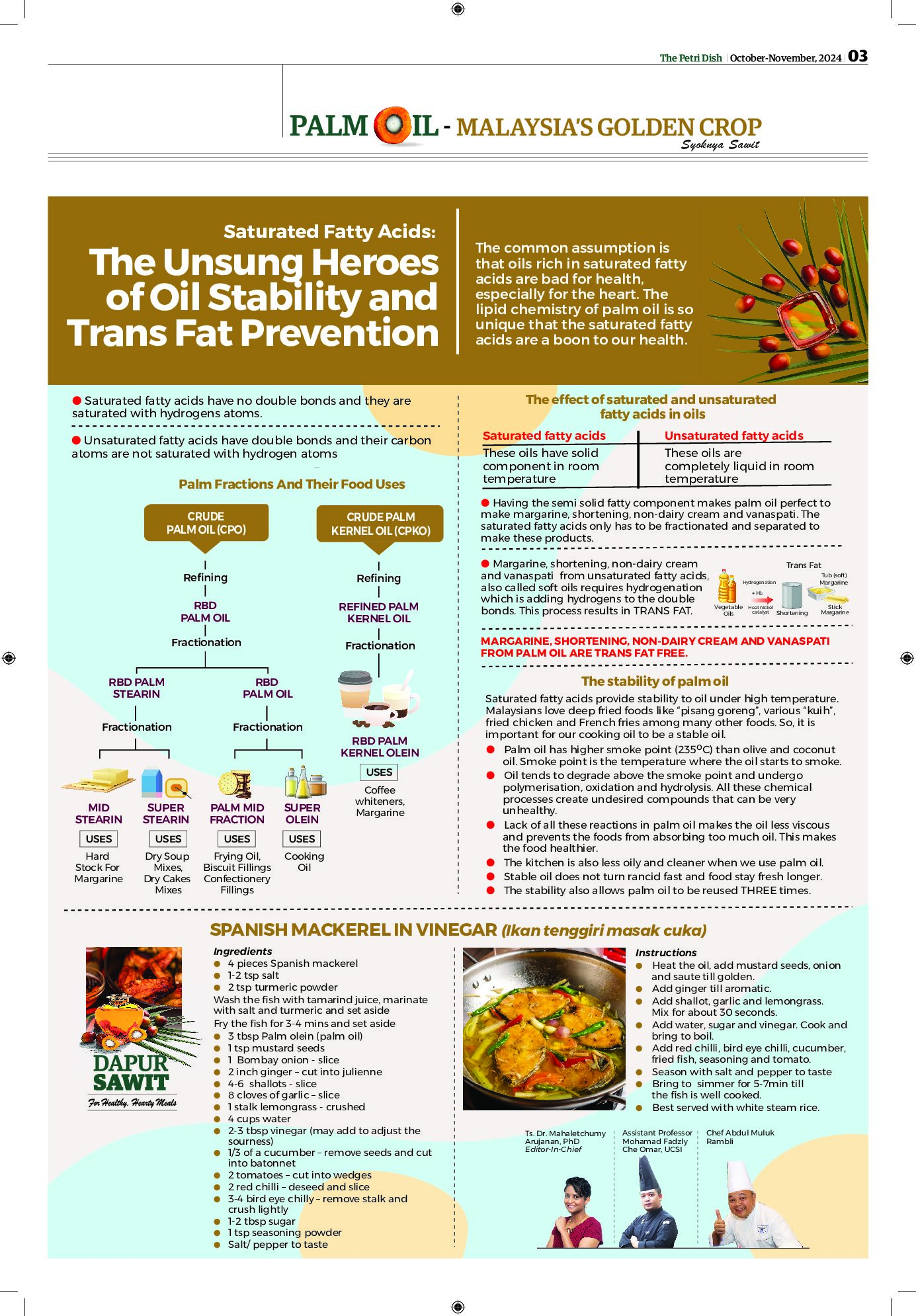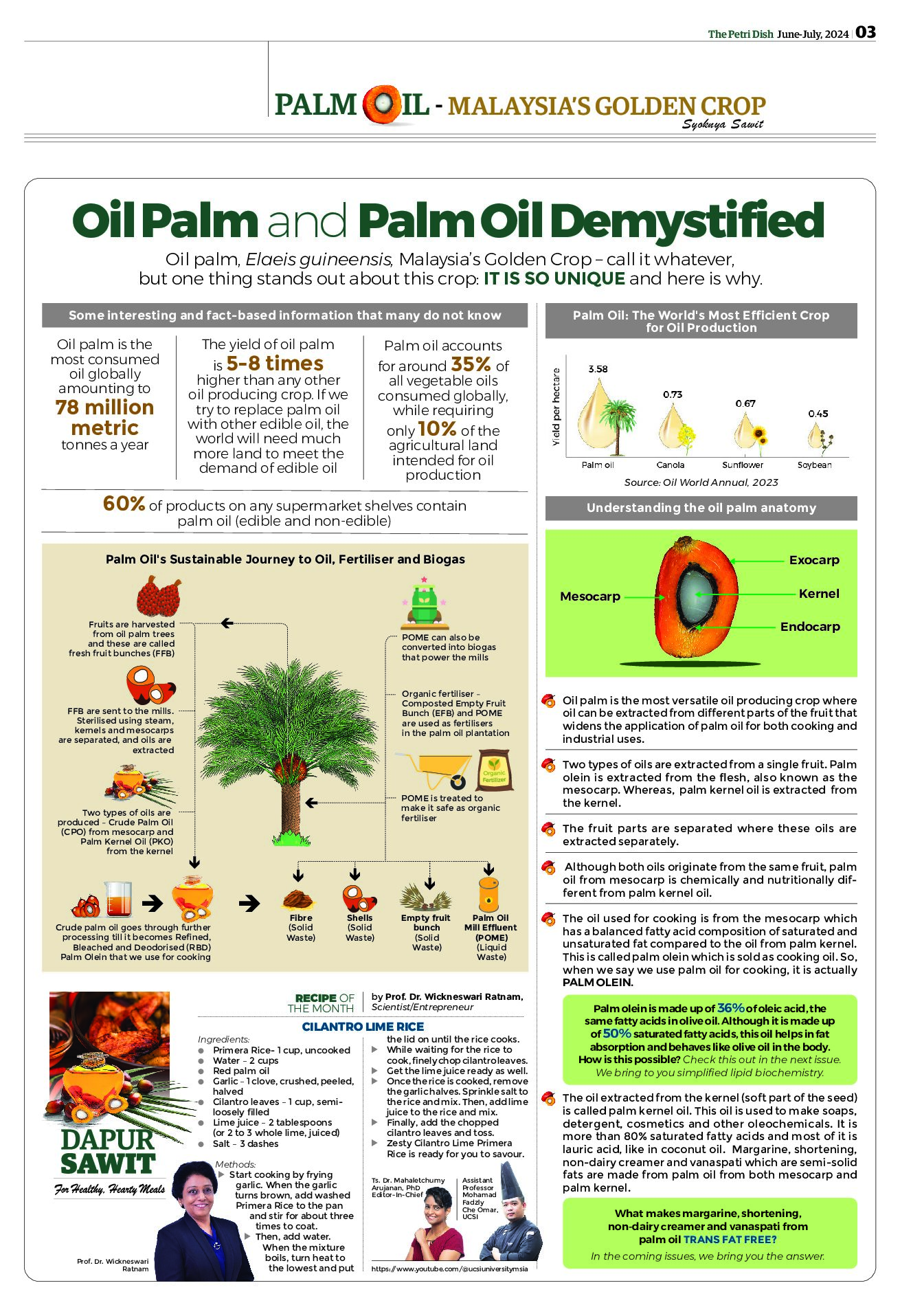IN a step toward producing renewable engine fuels that are compatible with existing diesel fuel infrastructure, researchers report they can convert wet biowaste, such as swine manure and food scraps, into a fuel that can be blended with diesel and that shares diesel’s combustion efficiency and emissions profile.
The researchers report the findings in the journal Nature Sustainability.
“The demonstration that fuels produced from wet waste can be used in engines is a huge step forward for the development of sustainable liquid fuels,” said Brajendra K. Sharma, a research scientist with the Illinois Sustainable Technology Center at the University of Illinois’ Prairie Research Institute and a co-author of the study. Agricultural and biological engineering professor Yuanhui Zhang led the research. His former graduate student Wan-Ting (Grace) Chen is the first author of the paper and a professor at the University of Massachusetts, Lowell. Mechanical science and engineering professor Chia-Fon Lee and graduate student Timothy Lee led the engine tests.
“The United States annually produces 79 million dry tonnes of wet biowaste from food processing and animal production,” with more expected as urbanisation increases, the researchers wrote. One of the biggest hurdles to extracting energy from this waste is its water content. Drying it requires almost as much energy as can be extracted from it.

















